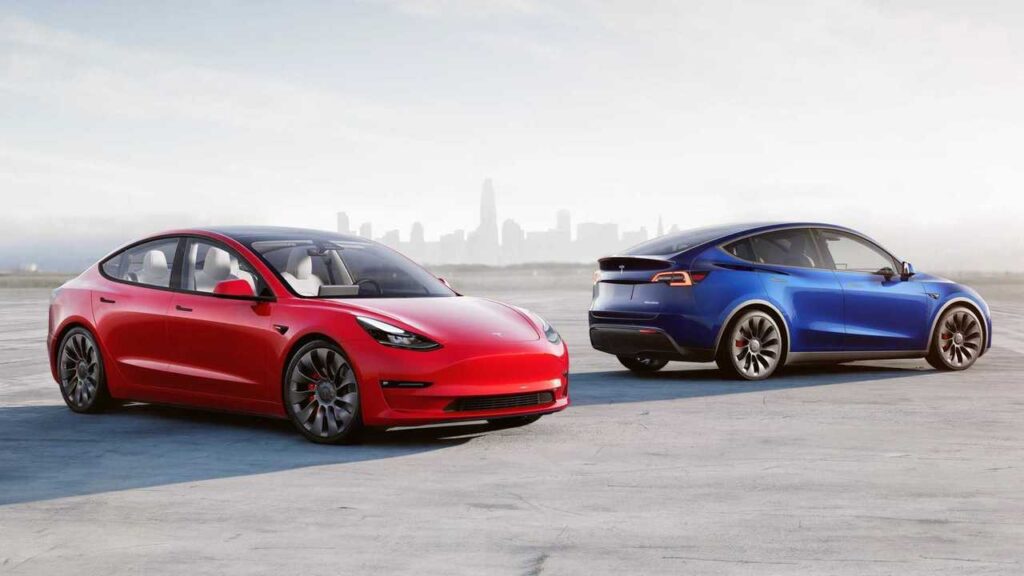The electric vehicle (EV) industry is experiencing transformative growth, driven by innovations from companies like Tesla and advancements from emerging manufacturers. As the global demand for sustainable transportation increases, electric vehicles are becoming central to discussions about the future of mobility.
Tesla’s Impact on the Electric Vehicle Market
Tesla has significantly influenced the electric vehicle market with its pioneering technologies and innovative approach. The company’s electric cars, including the Model S, Model 3, Model X, and Model Y, have set new benchmarks for performance, range, and technology. Tesla‘s advancements in battery technology and autonomous driving capabilities have established a strong competitive edge in the EV sector.
Advancements in Battery Technology
Battery technology is a crucial factor in the evolution of electric vehicles. Recent advancements in battery chemistry and design have led to improvements in energy density, charging speed, and overall battery life. Innovations such as solid-state batteries and lithium-sulfur batteries promise to further enhance the performance and safety of EVs. These advancements are expected to address common concerns related to range anxiety and charging infrastructure.

Expansion of Charging Infrastructure
The expansion of EV charging infrastructure is essential for supporting the growing number of electric vehicles on the road. Charging networks are rapidly increasing in both scale and accessibility, with advancements in fast-charging technology making it possible to recharge vehicles more quickly. Governments and private companies are investing in the development of public charging stations and home charging solutions to ensure convenient and efficient access to charging.
Emergence of New Players in the EV Market
While Tesla remains a leading force, new entrants are emerging in the electric vehicle market, each bringing unique innovations and competitive offerings. Companies such as Rivian, Lucid Motors, and NIO are gaining attention with their advanced EV models and innovative features. These new players are contributing to increased competition and variety in the market, which benefits consumers by providing more choices and driving further advancements in technology.
Integration of Artificial Intelligence and Autonomous Driving
Artificial intelligence (AI) is playing a pivotal role in advancing autonomous driving technology within electric vehicles. AI-driven systems are enhancing vehicle safety, navigation, and driving assistance features. Tesla’s Autopilot and Full Self-Driving (FSD) capabilities showcase the potential of AI in creating safer and more efficient driving experiences. Future developments in AI and machine learning are expected to further refine autonomous driving technologies and integrate them into everyday transportation.
Government Policies and Incentives
Government policies and incentives play a crucial role in promoting the adoption of electric vehicles. Many countries are offering tax credits, rebates, and other financial incentives to encourage consumers to switch to EVs. Additionally, stricter emissions regulations are pushing manufacturers to develop and produce more electric vehicles. These policies aim to accelerate the transition to sustainable transportation and reduce the environmental impact of traditional vehicles.
The electric vehicle industry is rapidly evolving, with Tesla leading the charge and new innovations continually reshaping the market. Advances in battery technology, charging infrastructure, and autonomous driving are setting the stage for a future where electric vehicles become the norm rather than the exception.
As new players enter the market and government policies support adoption, the electric vehicle landscape will continue to expand, offering greater choices and driving forward the future of sustainable transportation.
Frequently Asked Questions (FAQs)
1. How has Tesla influenced the electric vehicle market?
Tesla has set industry standards with its advanced battery technology, high-performance models, and innovative features like Autopilot. The company’s success has driven increased interest and competition in the EV market.
2. What are the latest advancements in electric vehicle battery technology?
Recent advancements include the development of solid-state batteries and lithium-sulfur batteries, which offer improved energy density, safety, and faster charging times compared to traditional lithium-ion batteries.
3. How is charging infrastructure evolving to support electric vehicles?
Charging infrastructure is expanding with the addition of more public charging stations and advancements in fast-charging technology, making it easier and quicker to recharge electric vehicles.
4. Who are the new players in the electric vehicle market?
New entrants like Rivian, Lucid Motors, and NIO are emerging with innovative EV models and features, increasing competition and variety in the electric vehicle market.
5. What role does artificial intelligence play in autonomous driving?
AI enhances autonomous driving by improving vehicle safety, navigation, and driving assistance features. Tesla’s AI-driven systems, such as Autopilot and Full Self-Driving, demonstrate the potential of AI in creating advanced driving experiences.
6. What government policies support electric vehicle adoption?
Governments offer incentives such as tax credits, rebates, and stricter emissions regulations to encourage the adoption of electric vehicles and support the transition to sustainable transportation.
7. How do new electric vehicles compare to traditional cars in terms of performance and range?
Modern electric vehicles often match or exceed the performance of traditional cars, with advancements in battery technology providing greater range and faster acceleration, making them a competitive alternative to conventional vehicles.